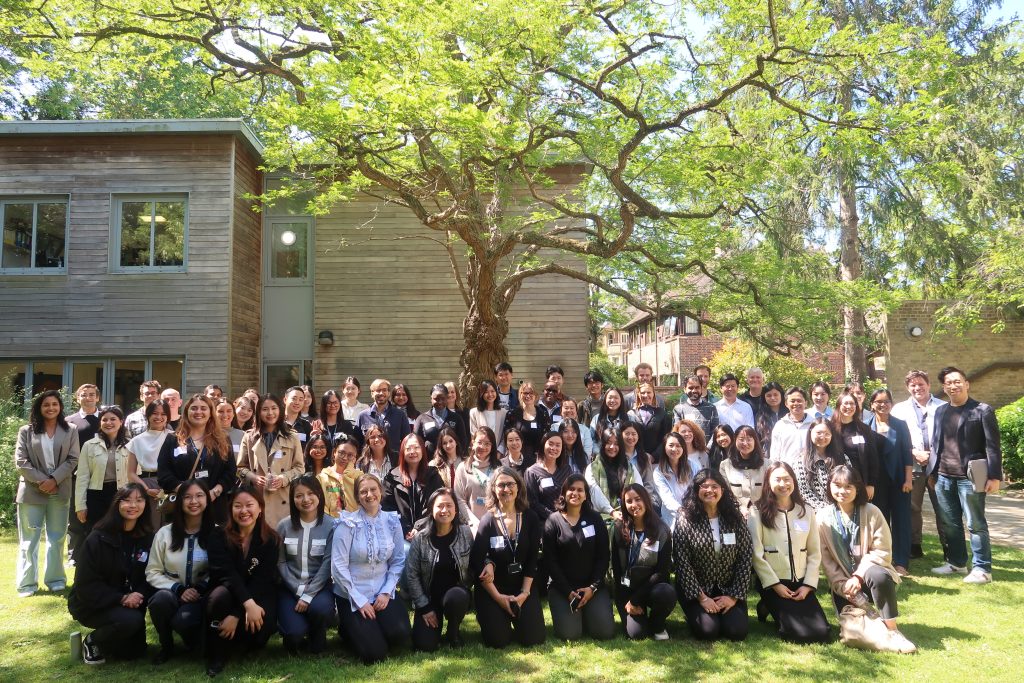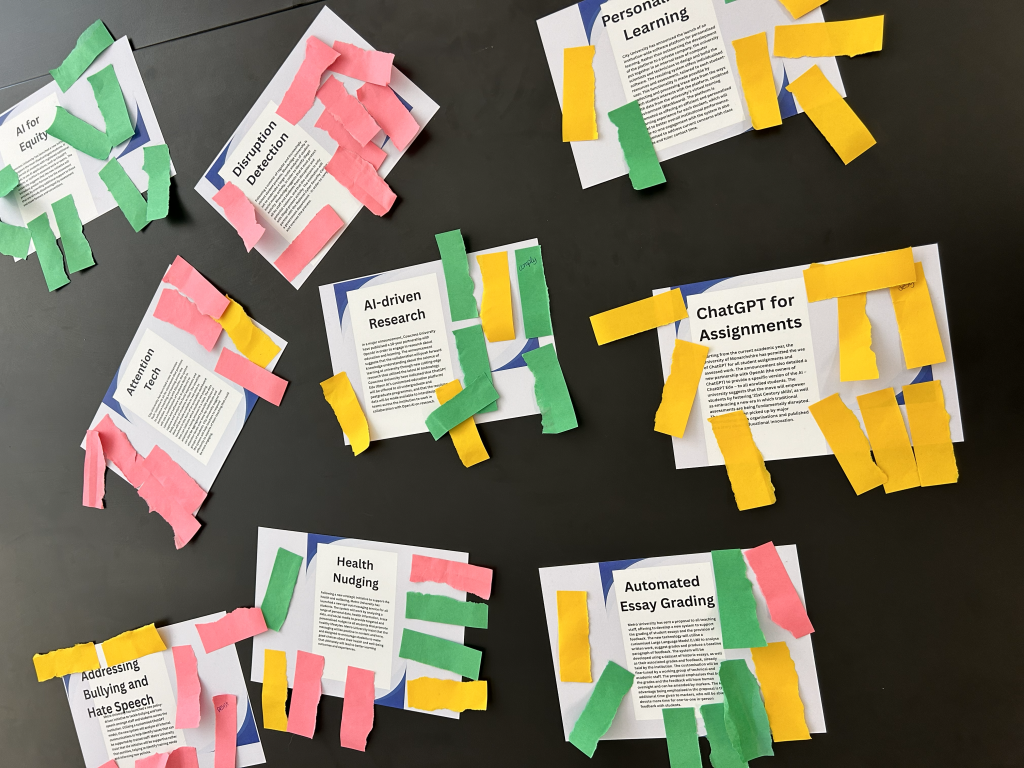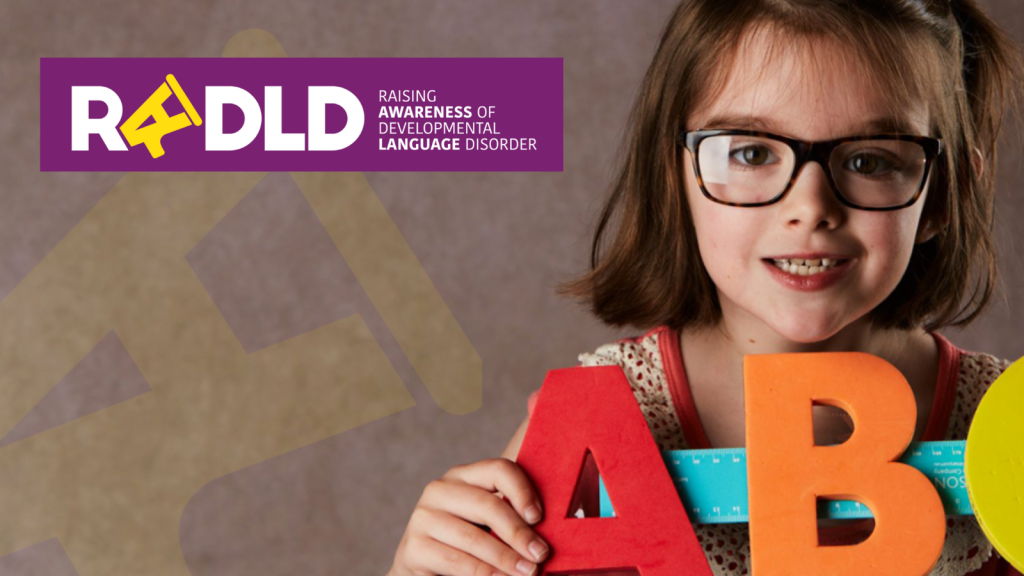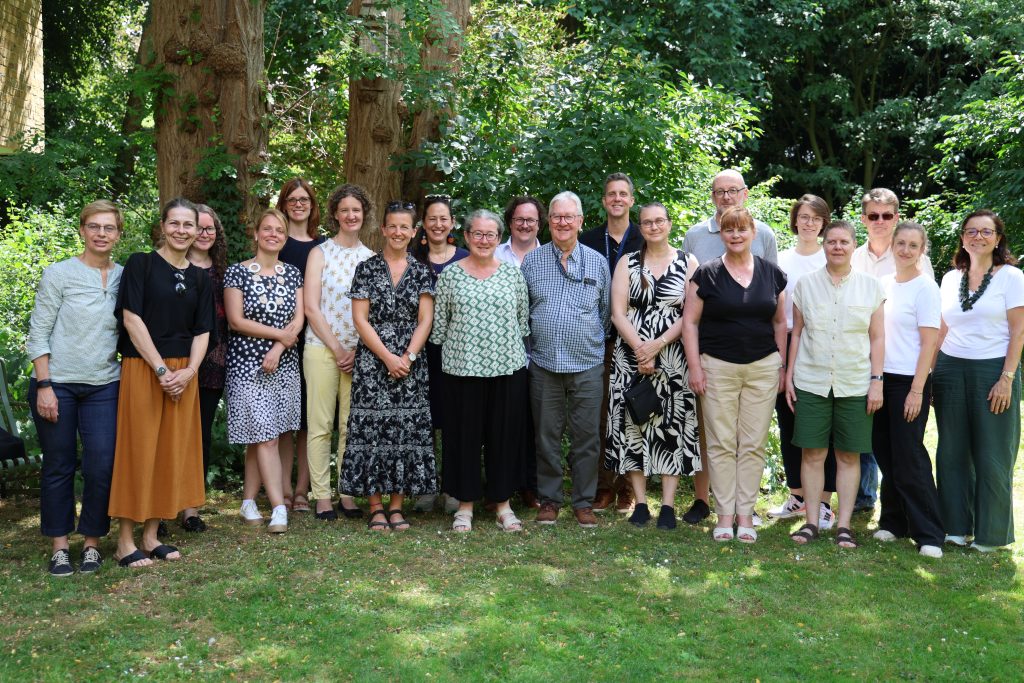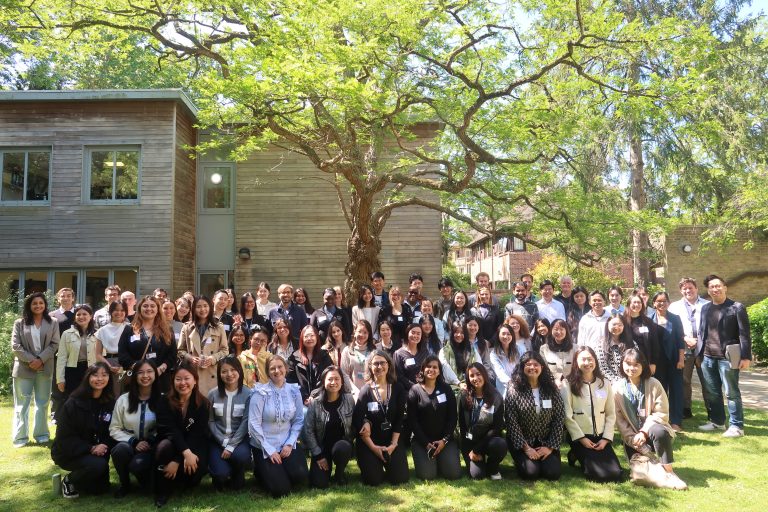
Oxford Cambridge Exchange fuels support network and collaborations among students
Written by: Eva Litso, Jioo Nimkar, Tong Yi, Seán Timon, Li Lin, Ren Qiuxu Rose, Eunju Choe, Sanjam Suri, Vedika Kedia with Ivan Au
The Oxford Cambridge Exchange (OCE) an annual event organised and led by students at the Departments of Education at the University of Oxford and the Faculty of Education at the University of Cambridge. It is called an ‘exchange’ precisely because its aim is to allow students to visit the Department of the other university and exchange ideas and research initiatives with fellow students and academics. The exchange is a two-part event that took place in May 2025, with the Oxford and the Cambridge leg being two weeks apart. The goal of the Exchange is to foster collaboration and, quite importantly, networking between education students in the two universities, interactions that the Hosts believe would motivate positive changes in education and beyond.
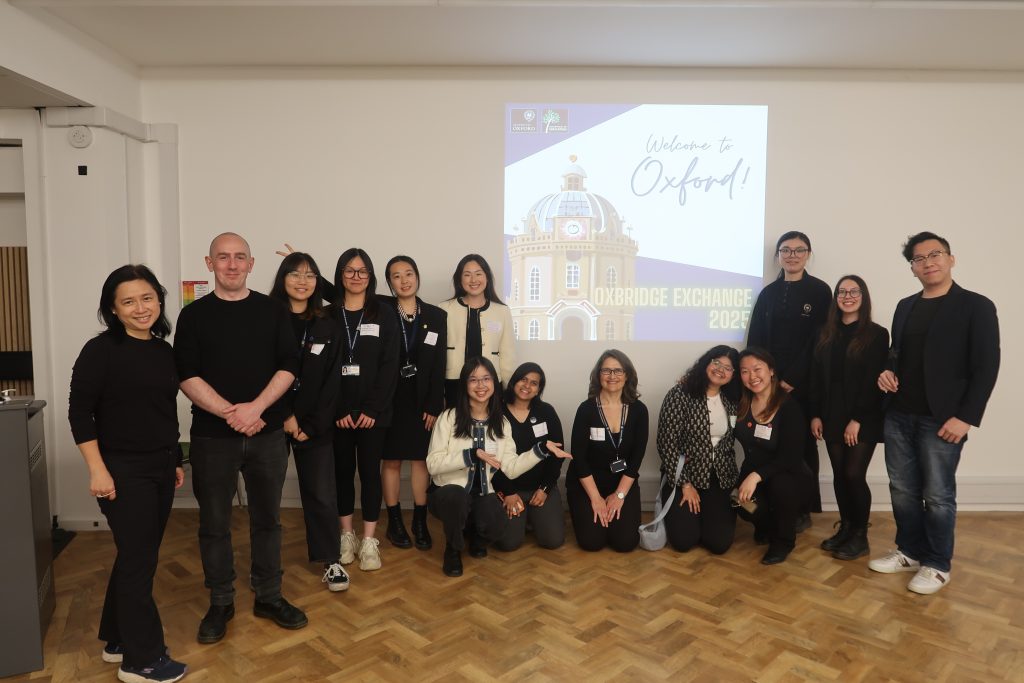
Programme
The programme was carefully designed to encourage collaboration, creativity, and meaningful academic exchange. Thanks to the support from the Department and good teamwork, we were able to host a total of around 150 students in this student-led initiative who very much enjoyed two full days of interactive sessions filled with opportunities and reflections.
The day began with a warm welcome by Dr Nigel Fancourt, our Director of Doctoral Research, followed by a presentation by the AI in Education (AIEOU) research team which triggered heated debate among Oxford and Cambridge students. After the opening, students attended a Research Theme Meetup led by our faculty members or research staff, who kindly introduced our students and our guests to the diverse research landscape under the key departmental research themes: (1) Pedagogy, Learning and Knowledge by Dr Ian Thompson (2) Language, Cognition and Development by Dr Faidra Faitaki, and (3) Policy, Economy & Society by Vedika Kedia and Olga Mun.
In one of the sessions, Vedika and Olga also delivered a zine-making workshop. The versatile structure of the zine encouraged participants to sketch, write, and draw new horizons in higher education. Some students put forth new imaginations of the universities with even more ‘intellectual, financial and cultural freedoms’, embracing diversity (rather than homogeneity of the status quo) in curricula, with the possibility of promoting collective/dual doctoral research, in addition to the traditional individual research supported. The session was a memorable one where everyone engaged in rethinking education in policy, economy and society.
The team worked diligently to make sure that our programme struck a thoughtful balance between structure and spontaneity as well as academic depth and creative freedom. The spirit of the OCE is to provide options of comfortable space where our participants could ‘get their boxes checked’!
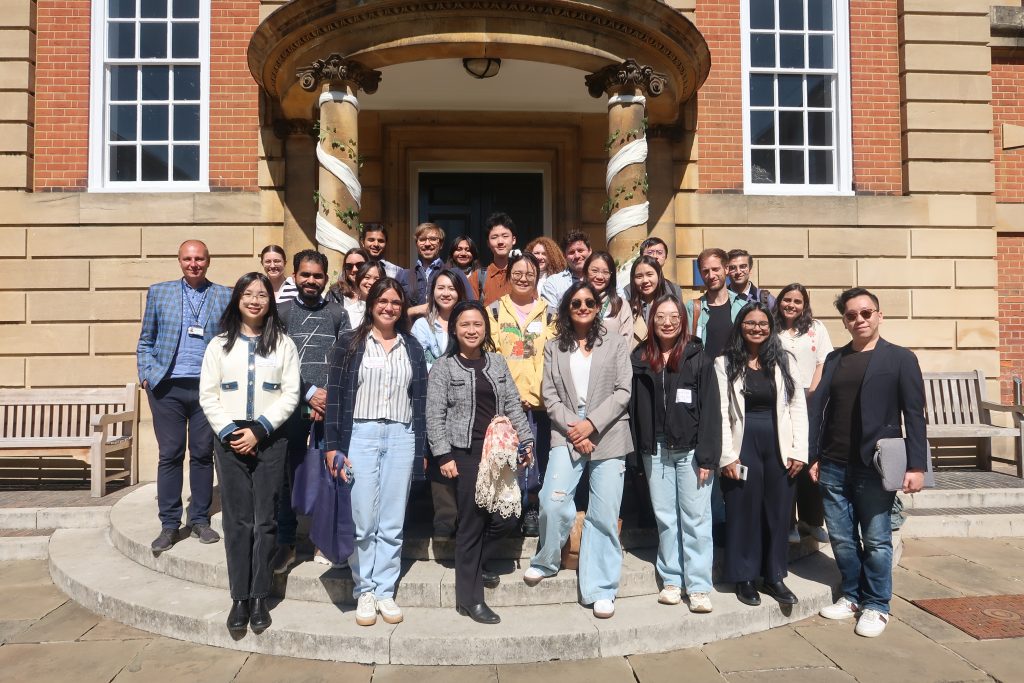
Highlights from exchange activities
Following the Research Theme Meetup, we then led our participants into parallel get-together sessions of varying focus and degrees of formality, from the engaging social media workshop, blog writing session, a tour of the Lady Margaret Hall, to the more academically driven activities.
In a reimagined ‘academic speed-dating’ style, many students engaged in exciting discussions in the Research Interest Mixer using our garden space. They were thoughtfully grouped based on their research interests, a setting that encouraged focused conversations and helped participants connect with peers exploring similar themes. Discussions covered a wide range of topics, including opportunities and obstacles in their own projects and their career aspirations. Many students expressed appreciation for the opportunity to meet like-minded researchers in an informal and dynamic setting.
In the spirit of collaboration and co-learning, the ‘How to Get Published’ workshop was also a dynamic session for many ‘newbies’ to learn about and/or share their experience in academic writing and publishing in two ways. In groups, we discussed potential challenges in submitting articles for publication and ways to work through them. Individually, participants drafted abstracts using the framework covered at the workshop and gave each other constructive feedback in peer evaluation. From shared challenges to enthusiastic idea-swapping, the chats set the scene for Day 2 and potential collaborations.
Finally, the highlight of the ‘Learning by Making’ art workshop wonderfully built on and reinforced the chill vibe in a safe space where students from Cambridge and Oxford came together to create drafts and get to know each other through painting on recycled bottles and collaging our unique zines. When immersed in the friendly and relaxed atmosphere and meaningful conversations, we get to know more about who we really are and what we dream for education and beyond. Friendship grew fast in that 45-minute workshop and planted the seed for a support network shared by fellow early career researchers.
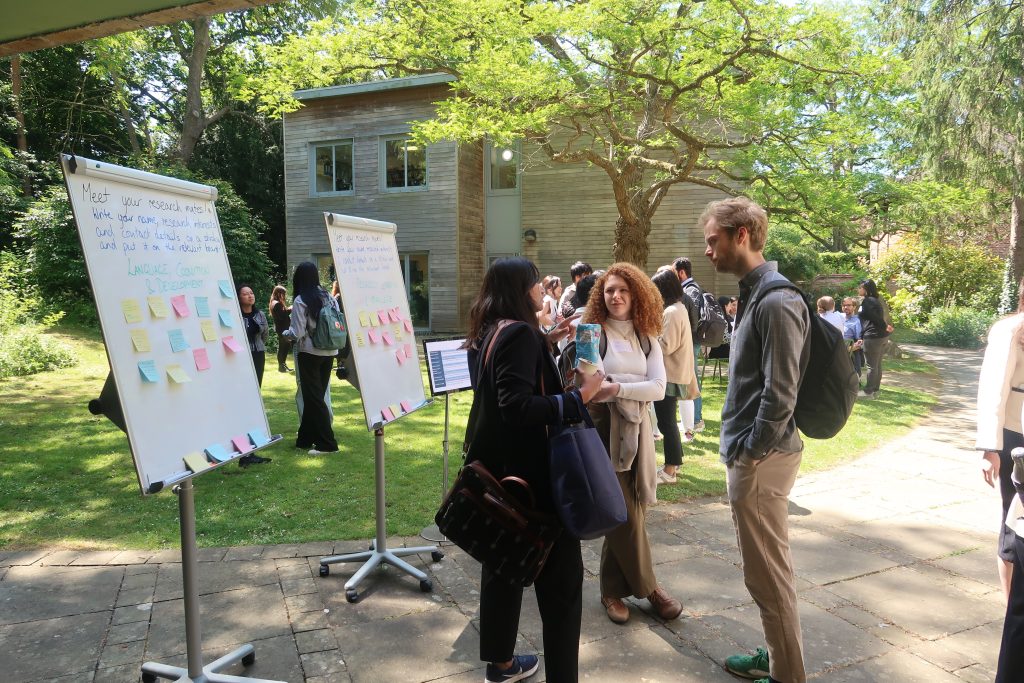
Reflections and key takeaways
The OCE, which came to an end on 30 May at Cambridge, was a truly enriching experience that went way beyond academic collaborations. Each year, students from the two universities work together to create a vibrant space for timely conversations, unexpected connections, and a community of educators. Engaging with Cambridge students who shared both similar and contrasting research interests led to unique opportunities for reflections and sparked new ideas and perspectives.
Indeed, we trust that what made the exchange especially impactful was its holistic approach to exploring education. From research-themed talks and writing workshops to art-based sessions and informal networking events, each component encouraged us to think about education not just as a field of study, but also as a lived and shared experience. This shared understanding we cultivated in the OCE extends far beyond the confines of our disciplines, reminding us of the joy in these cross-institutional collaborations and the power of community in shaping educational futures.
Faring forward
We carried forward the momentum built in Oxford to Cambridge, as some returning participants picked up threads of dialogue, discovered new synergies, and further developed a vibrant network of scholars with their ‘old friends’ and new peers even beyond the OCE. Our hope is that the creative sparks will fuel future collaborations and that the OCE will continue to evolve, building on its success in previous years:
‘It was wonderfully organised and very smoothly run. The volunteers were available at a call and were hospitable. This provided a very conducive environment for the exchange […]’ (note that the title of this blog is a rendition of feedback from our participants)
In addition, we have developed some initial thoughts on a mentorship scheme within the OCE and the wider scope of student-led events, an initiative where our wonderful team of student organisers could return, as leaders, to mentor and guide newcomers in the making – the key to the sustainable development of these events.







